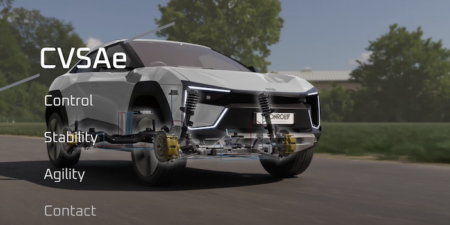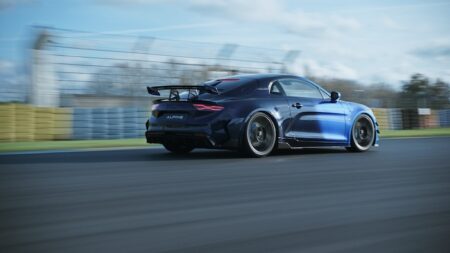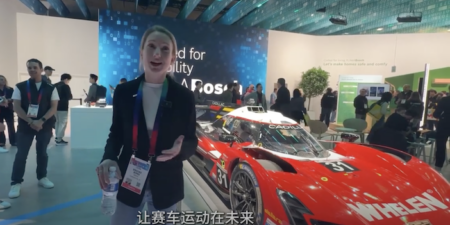The Rimac Nevera had broken another record: an electric production car benchmark at the Nürburgring of 7:05:298 – some 20 seconds faster than the previous EV production lap record.
Key technology in the record-breaking lap, driven by Croatian racing driver Martin Kodrić, was a set of Michelin Cup2R tyres, and verification technology, including independent timing data, TÜV SÜD and on-board telemetry.
“Driving [the Nevera] around the Nordschleife is a real thrill, from launching out of the Carousel, with 1,914hp being distributed between the four wheels, or pinning the accelerator to the floor down the 1.30 mile (2.8km) straight section,”said Kodrić of the lap.
Emilio Scervo, chief technology officer at Bugatti Rimac added: ” Our virtual performance optimisation, combined with only about 20 laps of industry pool testing, led to a great result. This achievement showcases the engineering prowess and adaptability of the Nevera, which was primarily designed as a hyper GT.”
In the historic, shorter track configuration of 20.6km (12.8 miles) the Nevera set the time of 7:00:928.
This record is just the latest in a list of more than 20 that the Nevera has shattered this year. In April 2023, at the Automotive Testing Papenburg (ATP), Germany, the Rimac Nevera claimed some 23 performance records in a single day, including 0-60mph, 0-100mph and 0-186mph. The Nevera arrived at ATP track already holding the title of EV with the highest verified top speed, having achieved 256mph (412 km/h).
In July at the Goodwood Festival of Speed, the Nevera set a 49.32 second time during the timed Supercar Shootout, making it not just the fastest electric production car to have ever taken on the famous hillclimb, but also the fastest production car to run the hill in 2023.




